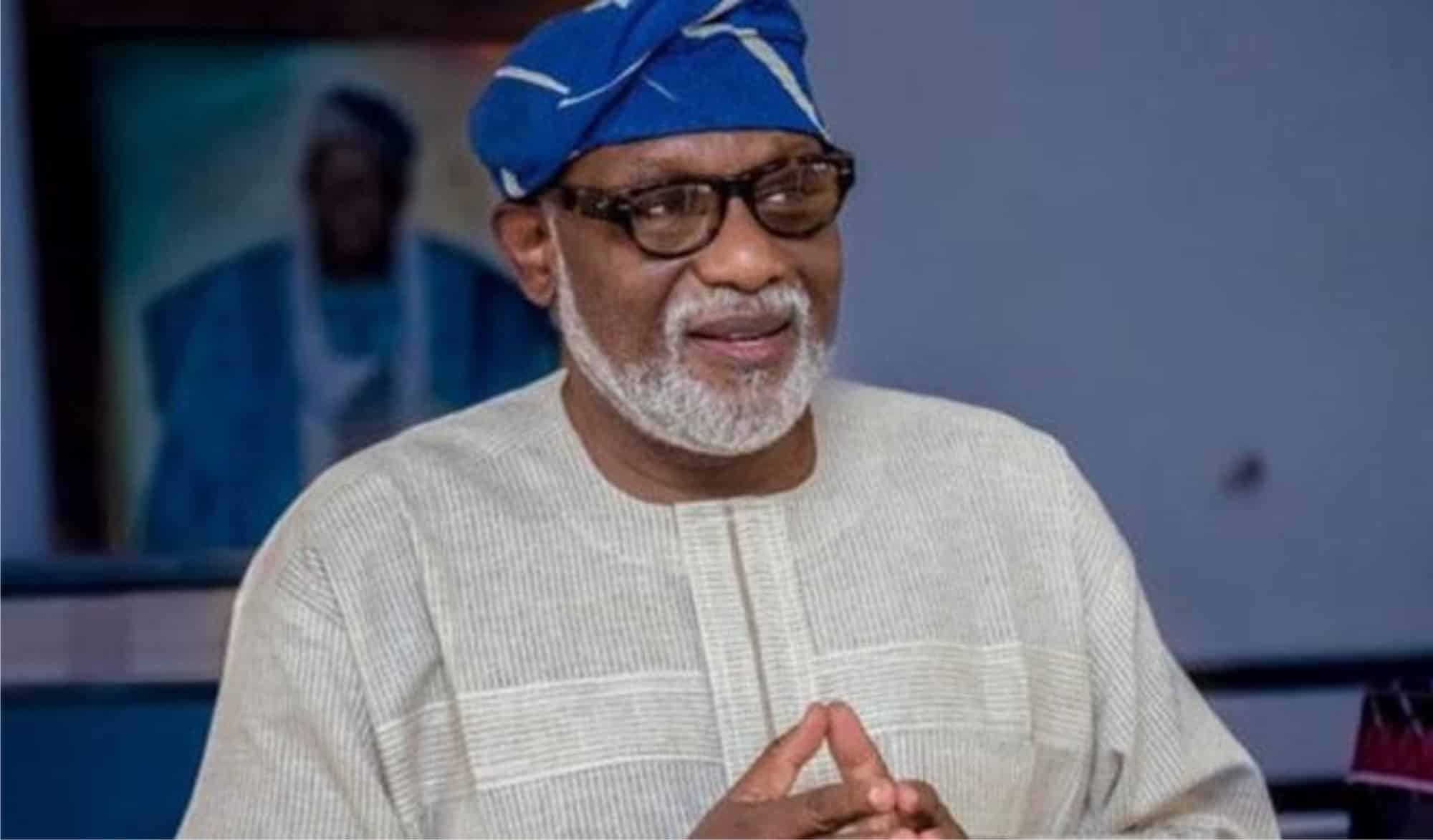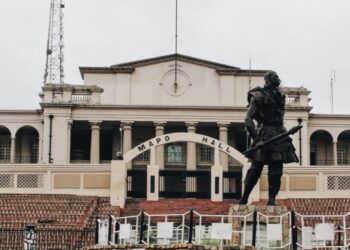There are strong indications that fuel markets may have settled for unofficial deregulation, with the majority of filling stations selling Premium Motor Spirit (PMS), popularly called petrol, above the officially approved pump price of N165 per litre.
Their decision may not be unconnected with what they termed Nigeria’s harsh economic realities, which have made the sale of petrol at the official retail price of N165 per litre unrealistic.
Daily Sun reports findings showing that some filling stations in Lagos have now adopted different price models.
While some filling stations have changed the price on their meters to reflect the current selling prices, others have left theirs to show the approved retail price of N165 per litre, only to dispense it above the displayed price.
For instance, the Mobil filling station on Agidingbi sold a litre of petrol at N170 per litre on Friday, and that was evidently displayed on their meters.
The development was also the same at Enyo filling station at Chisco bus stop, in Lekki, which now sells for N170 per litre, with Eterna filling station at Jankade bus stop, Lekki, selling at N180per litre. Also, Mobil Filling station, by Osapa London, Lekki, sold at N170 per litre.
All the above three filling stations in Lekki have had the new prices reflected on their meters while the big board, which normally has their prices displayed for motorists to see has equally been changed.
As of yesterday morning (Sunday), the Mobil filling station before the Otedola bridge sold at N170 per litre. This was boldly written on their overhead board for everyone to see and equally displayed on their meters. Also, the Petrocam filling station in Ejigbo, Lagos sold at N177 per litre last Thursday.
As of last Friday, the Mobil filling station on Charity road in Abule-Egba sold a litre of petrol at N180 per litre but displayed N165 on its meters, Conoil on Dayo Adeniji street is selling at N170 per litre, Northwest Filling Station in Anthony is also selling at N170 per litre, while Seabird Vivid on Barracks-Command road in Ipaja sold at N195 per litre.
However, the situation was different at the Oando filling station in Omole Estate on Saturday, as it sold a litre of petrol at the approved retail price of N165 per litre. The unofficial deregulation stance of fuel retailers confirms the posture of the Major Oil Marketers Association of Nigeria (MOMAN), which last week said the regulated N165 pump price for petrol was no longer realistic.
Chairman, MOMAN, Mr Olumide Adeosun, who spoke on Wednesday during a virtual consumer protection workshop for oil marketers by the Federal Competition and Consumer Protection Commission (FCCPC), said the current retail price was no longer realistic.
Adeosun, who was reacting to the lingering fuel scarcity across the country, blamed the situation on the ongoing conflict between Russia and Ukraine which had disrupted global energy supply distribution.
The MOMAN chairman likened the current situation to the COVID-19 pandemic era, with some countries moving to halt the exportation of petrol in favour of their own national energy security.
He maintained that it would be difficult to enforce any price control mechanism on marketers who had to slightly adjust their prices based on the quantity of products they purchased from the depots.
The MOMAN chairman said the way forward was phased deregulation of PMS by the Federal Government to reduce the shock on consumers.
Adeosun said targeted palliatives should follow the gradual price deregulation in the areas of transportation and agricultural subsidies to the public to ease implementation.
He said the huge amount spent on petrol subsidy over the years would have been deployed to other critical areas that could have reduced the impact of the current energy crisis on Nigerians.
Adeosun empathised with Nigerians and the Federal Government, who had been bearing the huge subsidy cost, adding that the government was working assiduously to mitigate the effects of the situation on the economy.
He said that as the nation was moving towards complete deregulation of the downstream petroleum sector, MOMAN would continue to collaborate with the FCCPC to ensure the protection of the rights of consumers.










